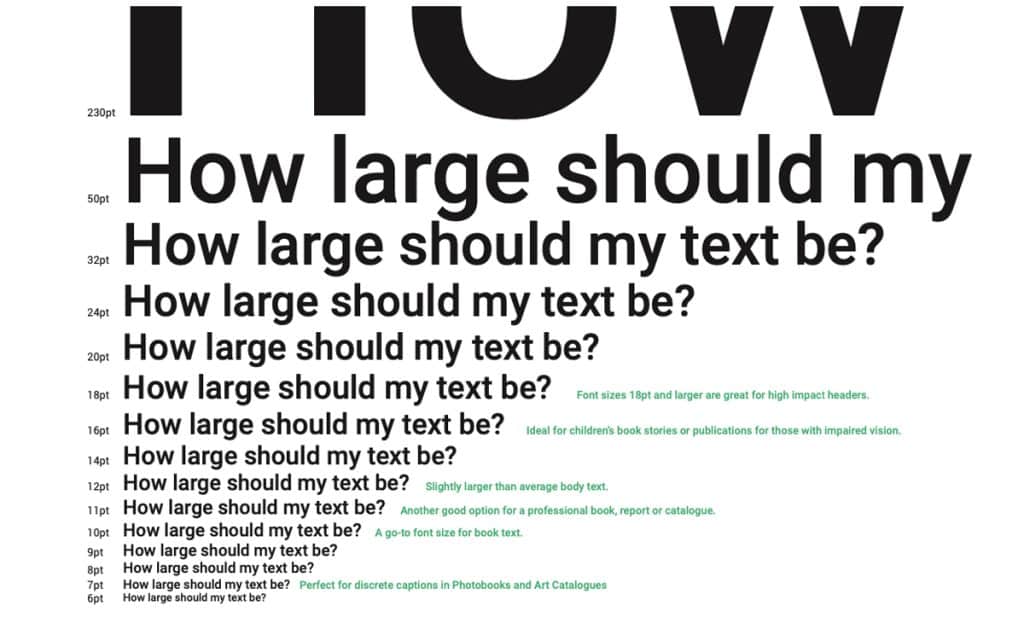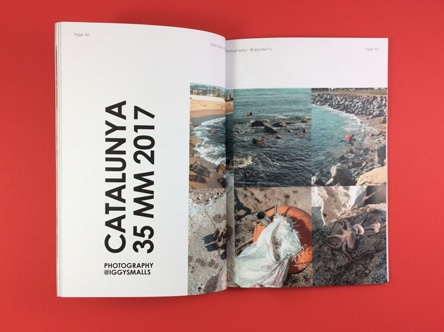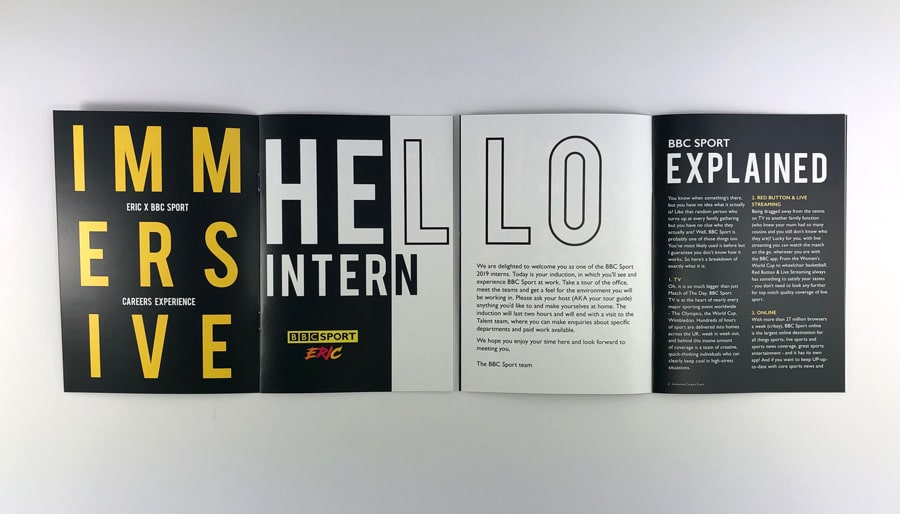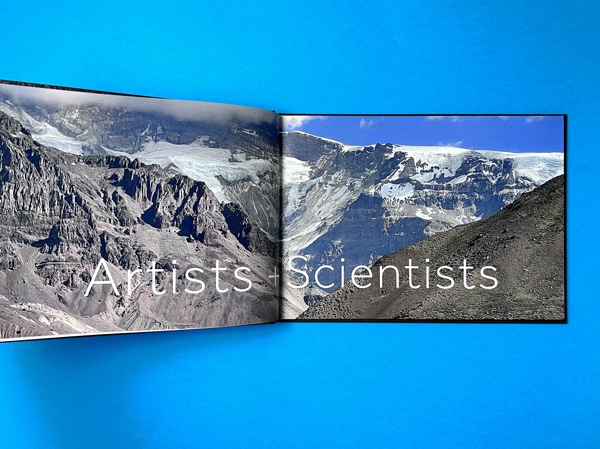Large Print Hardback Books: The Ultimate Reading Experience


In a world dominated by digital screens and e-books, the charm and utility of physical books remain unmatched for many. Large print hardback books, in particular, hold a special place in the hearts of readers. Here's why:
- Accessibility for All: Large print cater to readers with visual impairments, ensuring that literature remains accessible to everyone. They can be a lifeline for those who find standard print sizes challenging to read.
- Durability: Hardback publications are known for their durability. They can withstand wear and tear better than their paperback counterparts, making them a long-lasting addition to any library.
- Aesthetic Appeal: There's something undeniably attractive about a hardback book. When combined with large print, these books become not just functional but also a statement piece on a bookshelf.
- Enhanced Reading Experience: For many, reading large print is not just a necessity but a preference. It can reduce eye strain and make prolonged reading sessions more comfortable.
- Supporting Inclusivity: By promoting and purchasing large print hardback, readers and publishers send a clear message about the importance of inclusivity in the literary world.
In an age of rapid technological advancement, it's essential to remember the value of traditional reading formats. Large print hardback books, such as annual reports, mental health journals and product brochures are more than just a reading medium; they're a testament to the literary world's commitment to accessibility and quality. As readers, supporting such initiatives ensures that the joy of reading is available to everyone, regardless of their visual capabilities.
Niches Where Large Print Is A Big Winner
Large print books offer numerous advantages across various sectors and niches. Here are some areas where they prove to be a winning solution:
- Children's Books: As you mentioned, larger print helps younger readers recognize and learn letterforms. The clarity and simplicity of large print can aid in early literacy development.
- Senior Citizen Puzzle Books: As vision deteriorates with age, many elderly individuals prefer large print books. This makes reading more accessible and enjoyable for them, reducing eye strain. A perfect present would be a book they can enjoy.
- Visually Impaired: For those with visual impairments or conditions like macular degeneration, large print books can be a lifeline, allowing them to continue their love for reading.
- Learning Disabilities: Individuals with dyslexia or other learning disabilities often find larger print easier to read, as the spacing and size can reduce letter and word confusion.
- Language Learners: Those learning a new language can benefit from large print books. The clear, distinct lettering can help them better understand and recognise unfamiliar words and phrases.
- Coffee Table Books: These are often designed to be visually appealing and are placed in common areas for guests to peruse. Large print in such books ensures that the content is easily readable and complements the visual elements.
- Instruction Manuals: Whether it's for assembling furniture or operating a new gadget, larger print in instruction manuals ensures clarity and reduces the chances of errors.
- Cookbooks: In the kitchen, having a printed recipe book with large print can be incredibly helpful. It allows the cook to quickly glance at the sausage roll recipe from a distance without having to stop and read tiny text.
- Travel Guides: When travelers are on the move, having a travel guide with larger print can be more convenient to read in varying light conditions, ensuring they don't miss out on any details.
- Religious Texts: Many religious institutions offer large print versions of their sacred texts to cater to the elderly and visually impaired members of their congregation.
- Therapeutic Uses: Large print books can be used in occupational therapy, especially for patients recovering from traumatic brain injuries or strokes. The larger print can aid in cognitive recovery and language processing.
- Graphic Novels and Comics: While traditionally these have varied fonts, a trend towards larger print ensures that the narrative is clear and complements the artwork.
By catering to the specific needs of various sectors, large print books enhance accessibility and inclusivity in the world of reading.

Font Size for Legibility:
The primary purpose of large-print books is to make reading more accessible for those with visual impairments. Therefore, the font size is of utmost importance.
- Standard Large Print: Typically, standard print publications use a font size of 16 to 18 points. This size is considerably larger than the regular 10 to 12 point font used in most books.
- Extra Large Print: For readers with more severe visual impairments, extra large text books might use font sizes ranging from 20 to 24 points.
- Expert Opinion: According to the American Printing House for the Blind (APH), a font size of 18 points or larger is recommended for readers with visual impairments. The APH also suggests that sans-serif fonts, like Arial or Verdana, are more legible for large print materials.

Colour Combinations for Legibility:
Colour contrast is another significant factor that affects legibility. The right combination of background and text colours can make a world of difference for readers, especially those with visual impairments.
Other Design Considerations:
- Spacing: Adequate spacing between lines and paragraphs can further enhance readability. A line height (spacing between lines of text) of 1.5 times the font size is often recommended.
- Avoiding Italicised Text: Italicised text can be challenging to read for visually impaired readers. It's best to use bold or underlined text for emphasis instead.
- Simple Layouts: Avoid cluttered layouts with multiple columns or excessive graphics. A clean, straightforward design aids in legibility.
When choosing or designing a large print hardback books, it's essential to prioritise legibility and accessibility. By considering the recommended font sizes and colour combinations, designers can create publications that cater to a wider audience, including those with visual impairments.
Print a Large Print Hardback Books at Ex Why Zed
Ex Why Zed's capability to produce a printed book in A4 Landscape or A4 portrait offers a unique advantage in the world of large-print hardback books. These sizes are not just larger than the standard book sizes, but they also provide a plethora of benefits, especially when it comes to catering to readers who prefer or require large print.
1. A Boon in Enhanced Readability:
- More Text Per Page: With the larger dimensions of A3 (for wire stitched booklet) and A4, more text can fit on a single page even when the font size is increased. This means fewer page turns for the reader and a more seamless reading experience.
- Larger Illustrations and Graphics: For tomes that include illustrations, diagrams, or any graphical elements, these larger sizes ensure that the visuals are clear, detailed, and easy to comprehend.
2. Versatility in Design:
- Flexible Layouts: The increased real estate on an A3 or A4 page allows designers to play with layouts, use larger margins if needed, and incorporate design elements without compromising on text size or spacing.
- Incorporation of Side Notes: For academic or reference publications, side notes or annotations can be comfortably added alongside the main text without making the page look cluttered.
3. Aesthetic Appeal:
- Statement Piece: An A3 portrait wire stitched booklet or A4 landscape hardback book stands out on any shelf. Its sheer size makes it a statement piece, drawing attention and intrigue.
- High-Quality Print: The larger size ensures that the print quality is top-notch, with crisp fonts and vibrant illustrations.
4. Ideal for Hobbit Special Editions:
- Collector's Items: Due to their unique size, these books are perfect for special editions or collector's items. They can be used for commemorative editions, luxury publications, or limited-run prints.
5. Accessibility and Inclusivity:
- Beneficial for Group Readings: The larger size makes it easier for multiple people to read from the same book simultaneously, making it ideal for group readings or educational settings.
- Visually Impaired Friendly: As discussed, the larger size is a boon for visually impaired readers. The ability to have larger text without compromising on the amount of content per page is invaluable.
Ex Why Zed's capability to print in A4 portrait and A4 landscape sizes offers a unique blend of functionality and aesthetic appeal. Whether you're a publisher looking to create a special edition, an author aiming for inclusivity, or a designer seeking a canvas that offers more creative freedom, these sizes from Ex Why Zed are the perfect choice for large print hardback books.

What Was The First Large Print Book?
History of Large-Print Hardback Books
The history of large-print books is a testament to the literary world's commitment to inclusivity and accessibility. Over the years, this style of publication has evolved to cater to a growing audience, ensuring that literature remains accessible to everyone, regardless of visual capabilities.
1. Origins of Large-Print Books:
- First Large Print Book: The first acknowledged large-print book was published in 1964 by Thorndike Press. It was a response to the growing need for books that were easier to read for those with visual impairments.
- Rise in Popularity: They started gaining traction in the 1970s and 1980s. Libraries began to recognise the importance of these books and started dedicating sections to them, ensuring that they were available to those who needed them.
2. Iconic Versions and Milestones:
- Thorndike Press: As pioneers in the large-print book industry, Thorndike Press has released numerous iconic versions of popular titles in large print, making mainstream literature accessible to a wider audience.
- Special Editions: Over the years, several classic literature pieces, including works by authors like Jane Austen and Charles Dickens, have been re-released in large-print editions, becoming collector's items.
3. Design Agencies and the Niche of Large-Print Books:
- Catering to the Niche : While many design agencies who specialise in book design focus on mainstream book design, a select few have recognised the importance of large-print books and have specialised in this niche. These agencies prioritise legibility, contrast, and overall design to ensure the books are both functional and aesthetically pleasing.
- Importance for Disabilities: Large-print books are crucial for individuals with various visual impairments, including macular degeneration, glaucoma, and cataracts. They also cater to elderly readers who might struggle with smaller fonts due to age-related vision decline.
4. Trends in the Marketplace:
- Digital Integration: With the rise of e-readers and digital platforms, there's a trend towards integrating large print options in digital formats. Many e-readers now come with adjustable font sizes, catering to the same audience as large-print books.
- Inclusive Publishing: There's a growing emphasis on inclusive publishing, where books are designed with accessibility in mind from the outset. This includes considerations for large print, high contrast, and even tactile elements for those with severe visual impairments.
- Increased Awareness: With global campaigns and awareness drives, there's a growing understanding of the importance of large-print books. Publishers are now more proactive in releasing large-print versions of popular titles, ensuring they reach a wider audience.
The journey of large-print hardback books is one of evolution, adaptation, and a commitment to inclusivity. From their humble beginnings in the mid-20th century to their current status as an essential part of the literary landscape, these books have ensured that literature remains a universal joy, accessible to all.
Hardcover Editions for Larger Books
If you're undecided about whether to print a hardback or softback book, print both! Those who prefer larger print books. They offer durability and a premium look and feel that will make them stand out on any bookshelf. Whether it's for children's books or photo books, hardcover editions provide superior strength and durability. They are available in a range of paper options and exceptional colour printing that offers limitless creative potential for your custom custom Hardcover Book.
Amazon Book Product Ratings
Product ratings can be very helpful when it comes to making a decision on which large print hardback book to purchase. Many online retailers provide product ratings that give customers an idea of the quality and popularity of a book. These ratings can also help customers compare different books and find the one that best suits their needs and preferences. When looking for large print hardback books, it's important to consider the product ratings as well as the author, genre, and subject matter to ensure you get the best reading experience.
Enjoy Your Reading Without Squinting
If you enjoy reading but have trouble seeing small print, large print hardback books might be just what you need. These books feature larger font sizes that make it easier to read without straining your eyes. If you're looking for new listings, there are plenty of options available online. From classic literature to the latest bestsellers, you're sure to find something that interests you in a large print hardback edition.
Would Ian benefit from reading large print hardback books?
All individuals with visual impairments, such as those with low vision or age-related macular degeneration, would benefit from reading large print hardback books. The larger text size and higher contrast make it easier for them to read and enjoy reading without straining their eyes.
Classic Novels Adopted to Large Print
If you find it difficult to read small print, then large format books are the perfect solution for you. You can enjoy your favourite classic novels like The Picture of Dorian Gray by Oscar Wilde in an easy-to-read format. This Oscar Wilde book is a masterpiece of gothic fiction literature which has intrigued readers for decades. It tells the story of a young man who sells his soul to preserve his youth and beauty while his portrait ages and reflects his inner corruption. With larger print, reading this novel will be an enjoyable experience without any strain on your eyes.
The Savage Avengers By Gerry Duggan Omnibus is a great option. This book contains all the stories from the Savage Avengers comic series written by Gerry Duggan. The larger print makes it easier to read for those who struggle with smaller fonts and text. Plus, the hardcover gives it a sturdy and long-lasting feel. It's perfect for fans of Marvel comics or anyone who loves action-packed stories.
Ian Rankin's books are available in large format hardback, making it easier for those with visual impairments to enjoy his compelling mysteries. These books are printed in a larger font size that makes reading less of a strain on the eyes. Some of Ian Rankin's popular books in large print include "Tooth and Nail" and many more. With the availability of these books, readers can fully immerse themselves into the thrilling world of Ian Rankin's novels without any hindrance.
Mills & Boon Largeprint Medical is a further example of large print hardback books that offer romance novels with a medical setting, making them a popular choice for readers who enjoy this genre. These books provide an enjoyable reading experience without causing eyestrain or discomfort.

